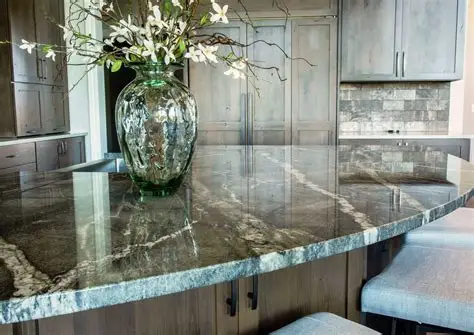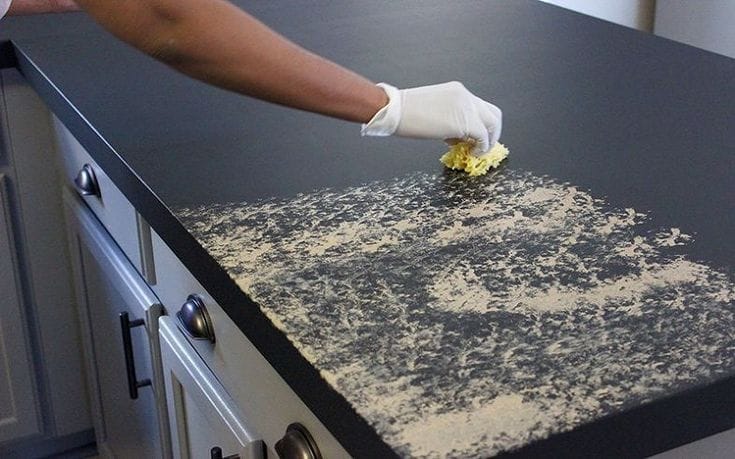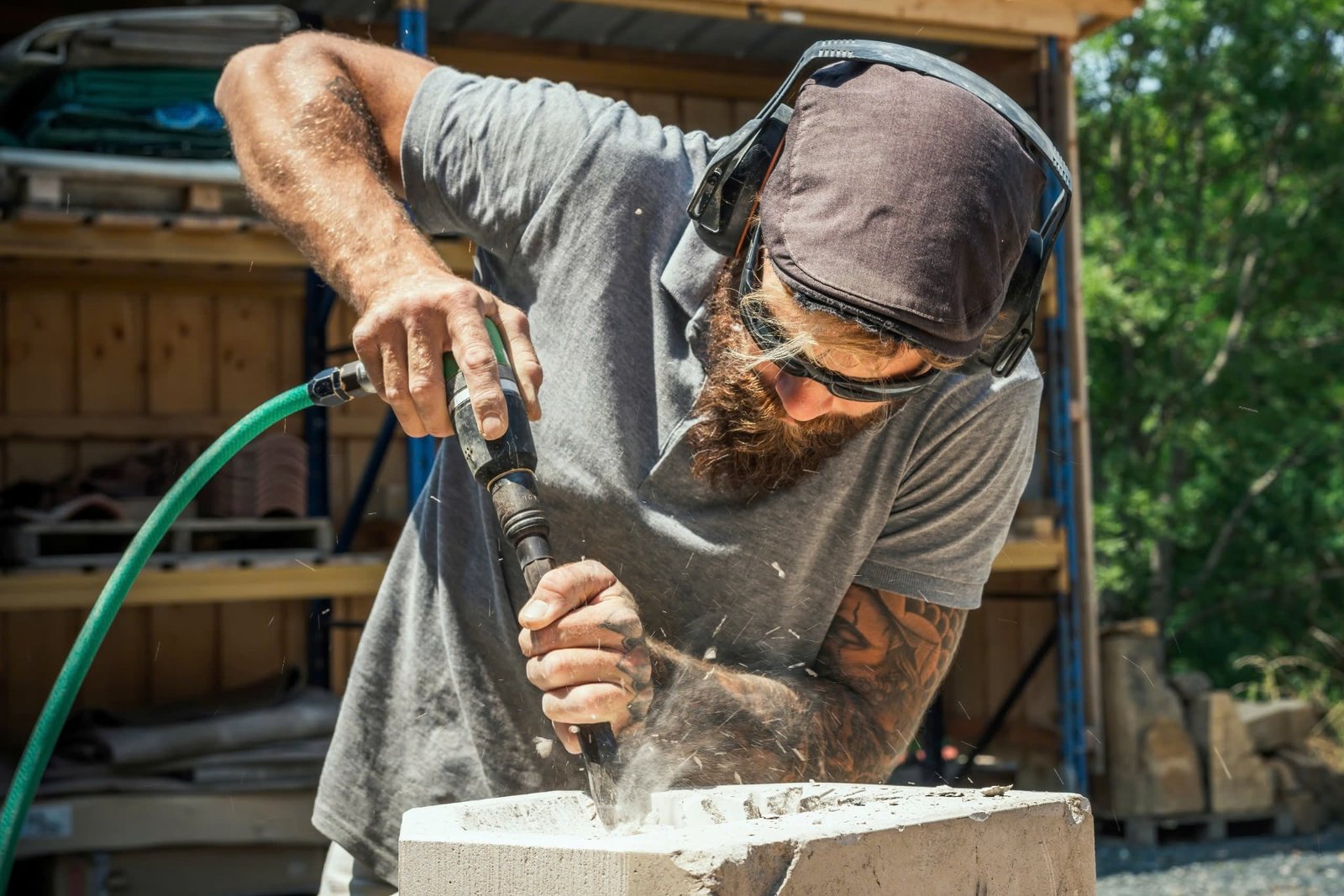
Granite countertops are prized for their durability, natural beauty, and luxurious finish.
Granite countertops are prized for their durability, natural beauty, and luxurious finish. Whether you’ve invested in black granite countertops, white granite countertops, or rare varieties like blue pearl granite countertops, proper care is essential to preserve their quality. One of the most important—yet often overlooked—steps in maintenance is sealing your granite countertops.
But what happens if you don’t seal granite countertops? In this article, we’ll explore the risks, consequences, and solutions of leaving granite unsealed, and why regular sealing is crucial to protect your investment.

Why Sealing Granite Countertops Is Necessary
Granite is a natural stone composed of various minerals, including quartz and feldspar. Despite its dense structure, granite is naturally porous. This means it can absorb liquids, oils, and stains—especially in high-traffic areas like granite kitchen countertops and granite bathroom countertops.
A quality sealer acts as an invisible barrier, helping repel moisture, oil, and bacteria. Without it, your granite is vulnerable to damage that can compromise both its appearance and structural integrity.
Learn more: How to Seal Leathered and Black Granite Countertops

What Happens If You Don’t Seal Granite Countertops?
1. Permanent Stains and Discoloration
Without a proper seal, substances like red wine, coffee, cooking oil, or cosmetics can penetrate the surface, causing deep stains that are difficult—or impossible—to remove. This is especially problematic for light-colored granite slabs and honed granite countertops, which are more susceptible to staining than polished granite countertops.
2. Water Damage and Etching
Unsealed granite allows water to soak into the surface. This can lead to dark spots, limescale deposits, and etching, especially in damp areas like kitchens and bathrooms. Over time, this can cause the stone to deteriorate and lose its smooth texture.
Also read: When to Reseal Granite Countertops
3. Bacterial Growth and Hygiene Risks
Granite countertops that aren’t sealed can harbor bacteria and mold within their pores, especially near sinks or food prep areas. This creates a sanitation concern, particularly in granite countertops for outdoor kitchens or in homes with children.
4. Loss of Shine and Aesthetic Appeal
One of the biggest visual downsides of not sealing granite is the loss of luster. Granite becomes dull, lifeless, and patchy in appearance. Even polished granite countertops can look old and neglected without proper sealing and maintenance.
5. Increased Maintenance Costs
Once stains or damage appear, fixing them can be expensive. Professional restoration or replacement of granite sections is far more costly than periodic sealing, making prevention far more affordable.
How Often Should Granite Be Sealed?
The frequency depends on several factors such as color, porosity, usage, and location. Generally:
- Light granite (e.g., white granite countertops): Every 6–12 months
- Dark granite (e.g., black or brown granite countertops): Every 1–3 years
- High-use surfaces (e.g., kitchen countertops): Seal more frequently
Find expert tips: When to Reseal Granite Countertops
Testing If Your Granite Needs Sealing
Perform a simple water test:
- Pour a few drops of water on the surface.
- Wait 10–15 minutes.
- If the water beads, the seal is intact.
- If it absorbs or leaves a dark mark, it’s time to reseal.
Types of Granite That Require More Attention
- Honed granite countertops: More porous and need frequent sealing.
- Leathered granite countertops: Textured surfaces can trap debris.
- Custom granite countertops: Unique finishes may require specialized sealants.
Related: How to Seal Leathered and Black Granite Countertops
Granite vs. Quartz: Do Both Need Sealing?
While granite countertops need sealing, quartz countertops are non-porous and don’t require it—making them lower-maintenance.
Learn more:
What Are Quartz Countertops?
Can You Paint Quartz Countertops?
Where to Buy Quartz Countertops?
Professional Installation and Maintenance Resources
To protect your countertops long-term, work with top-rated granite countertop installers near me or consult your local granite fabricators. Also explore:
- [Wholesale granite countertops suppliers]
- [Granite countertop installation services]
- [Granite countertop showroom [location]]
- Lifting Equipment
Final Thoughts
Choosing granite countertops is an investment in beauty, functionality, and long-lasting quality. But without sealing, that investment is at risk. From staining and etching to bacterial buildup and dullness, the consequences of neglecting to seal are significant.
Don’t wait until it’s too late—protect your countertops with regular sealing, proper care, and professional guidance.

